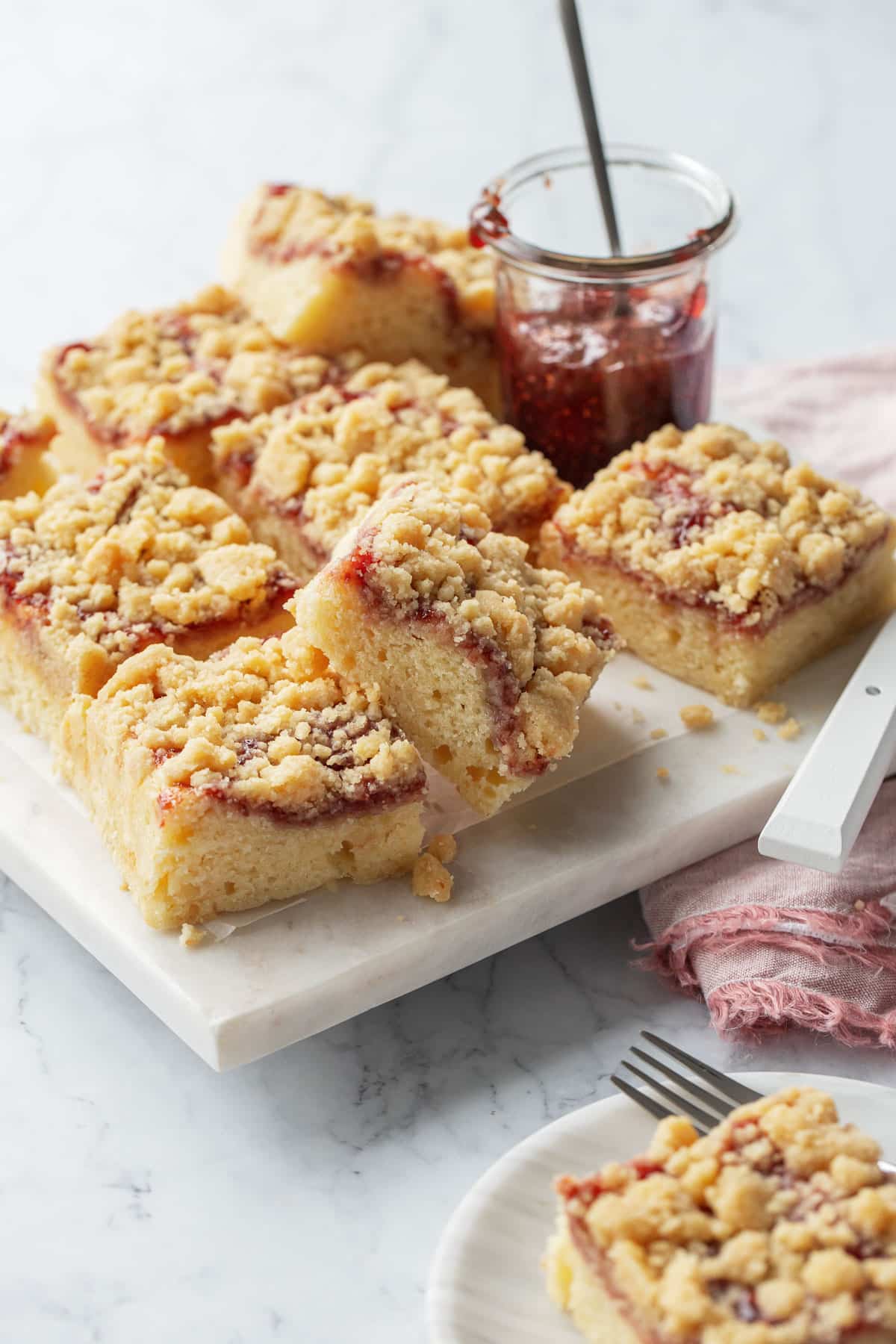The Maine lobster industry has shifted it focus from foodservice to retail as restaurant demand has fallen amid the COVID-19 pandemic.
While 70 percent of Maine lobsters are usually sold through foodservice channels, this year that figure is expected to be under pressure amid widespread restaurant closures and restrictions on dining out.
“Typically we spend a lot of our marketing resources educating chefs about Maine lobster,” said Marianne LaCroix, executive director of the Maine Lobster Marketing Collaborative, which represents Maine lobster harvesters, dealer and processors. “We looked at what was available to us, and saw it was going to have to be about consumers eating lobster at home this year.”
The group pooled together the digital resources it already had, including recipes and tips for home cooks, and began promote direct-to-consumer sales and sales through retail outlets. Because much of the product is sold pre-cooked, it can be incorporated in recipes easily, even by inexperienced home cooks, LaCroix said.
Consumers already appear receptive to preparing lobster at home, according to research from restaurant-meal delivery service GrubHub, which reports that lobster roll kits were the second most popular meal kit ordered between March 18 and June 18, behind only burger meal kits. Overall, orders of meal kits were up 55 percent in that period.
Restaurant chain Luke’s Lobster, which is known for its lobster rolls, had already been offering do-it-yourself lobster kits for consumers from its restaurants, and in 2018 the chain began selling frozen lobster roll kits through Whole Foods stores nationwide. The kits include lobster knuckle and claw meat, a packet of Luke’s Lobster seasoning and instructions on how to replicate Luke’s Lobster rolls at home. Last year, Whole Foods named Luke’s Lobster as one of its Suppliers of the Year, citing the company’s efforts to adhere to sustainability and animal welfare standards.
Several other Maine restaurant operators have also begun offering lobster roll kits nationwide, either frozen or fresh, through such platforms as Goldbelly and Amazon. Eventide Oyster Co., an oyster bar in Portland, Maine, for example, offers its James Beard Award-winning Brown Butter Lobster Rolls in meal kits priced from $59 to $199 (for two, four, six or eight rolls, including a gluten-free option).
Specialty food distributor Baldor Food, which recently added restaurant meal kits from several New York City restaurants, has been offering a Lobster Roll Kit from Jeffrey’s Grocery, a Greenwich Village restaurant specializing in raw oysters and other seafood dishes. The kits include enough ingredients to make four lobster rolls and come with both butter (for Maine style rolls) and lobster aioli (for Connecticut-style).
LaCroix said it’s too soon to determine if the MLMC’s efforts are having an impact, as most of the Maine lobster harvest usually occurs between July and September. She’s encouraged, however, by reports that consumers are buying more seafood during the pandemic, and noted that lobster can be perceived as being both indulgent and healthy.
“Those are two things people are looking for at this time, so people are able to tick two boxes,” she said.
Lobster processors have been working on developing retail distribution by expanding their product offerings for retail and by seeking new retail customers, LaCroix said.
Meanwhile the decline in demand from foodservice outlets has put pressure on lobster prices, making the meat more affordable for consumers.
“It’s probably a good time to buy lobster,” said LaCroix.
Related: Premium Brands Acquires Lobster Company; Tariffs May Hurt Maine Lobster Industry.
from Food Trends https://ift.tt/32Zq5Hu





0 comments:
Post a Comment